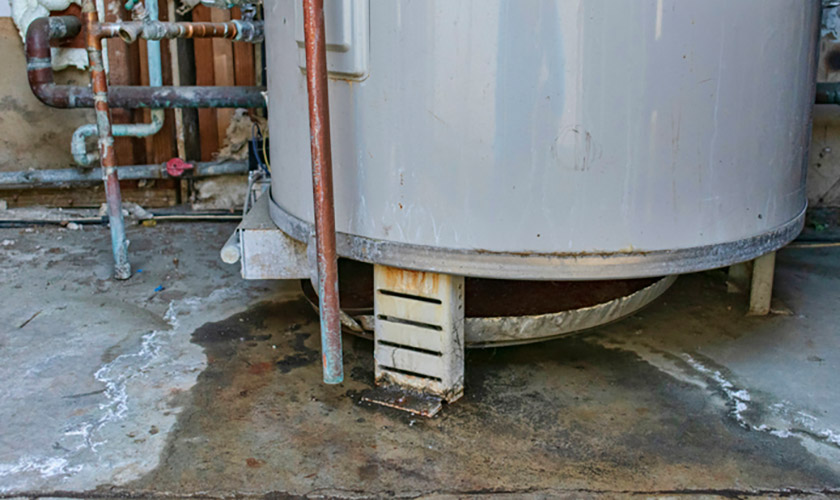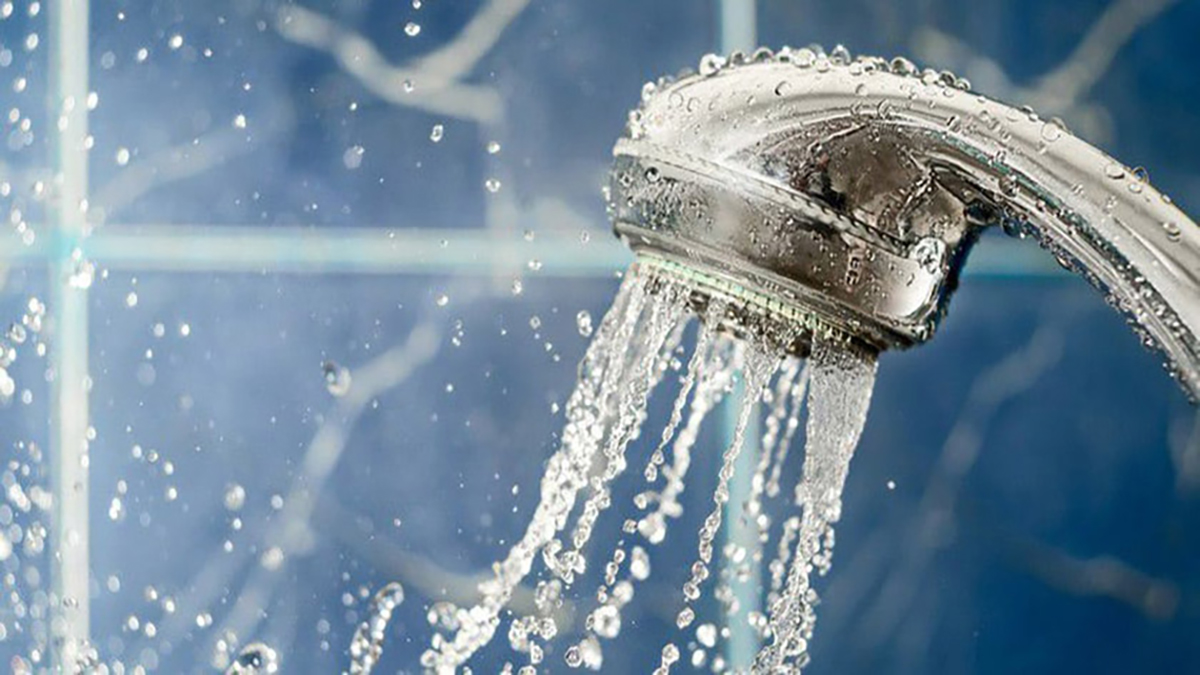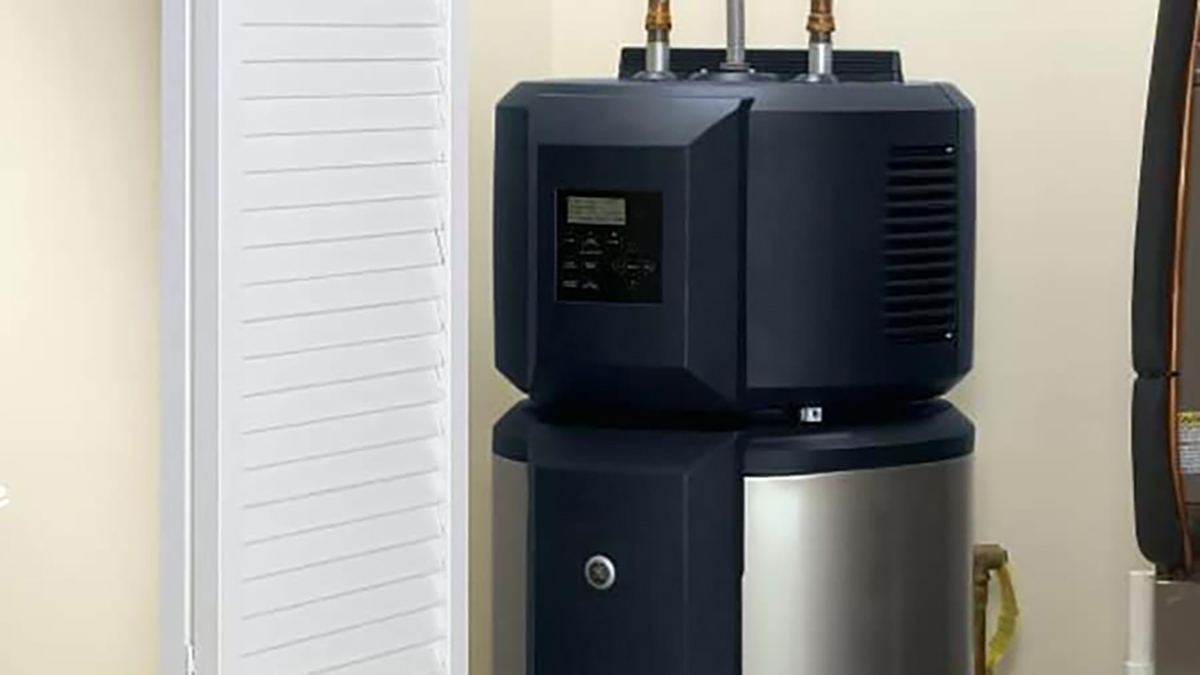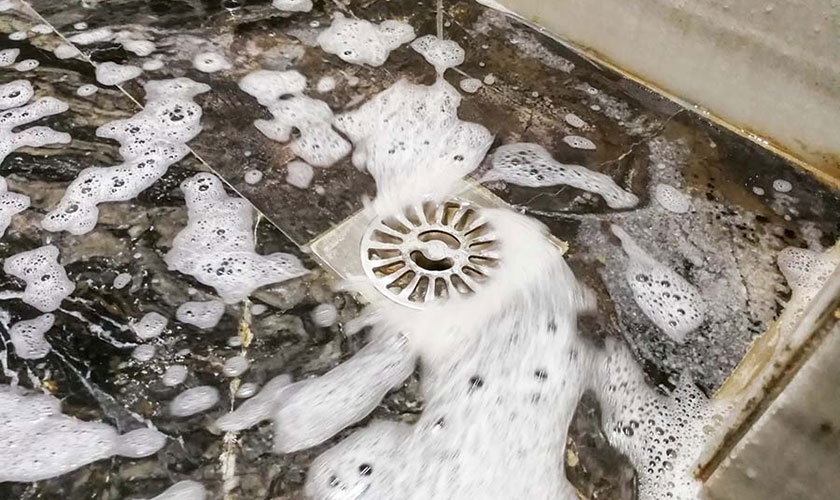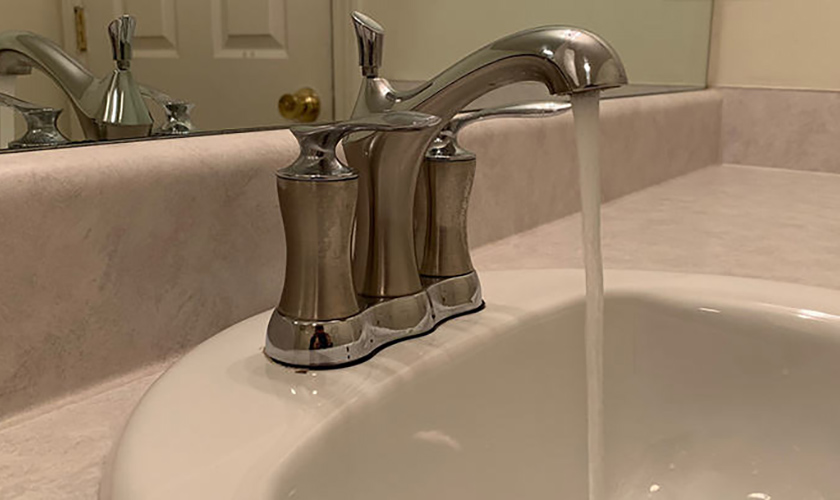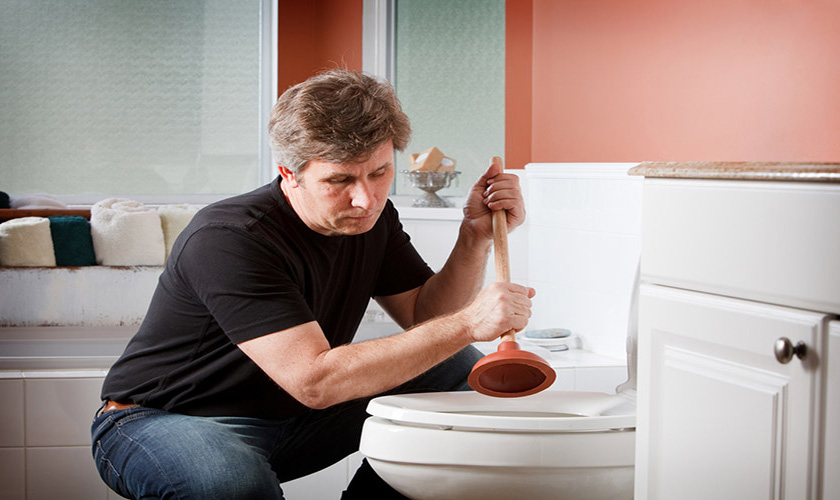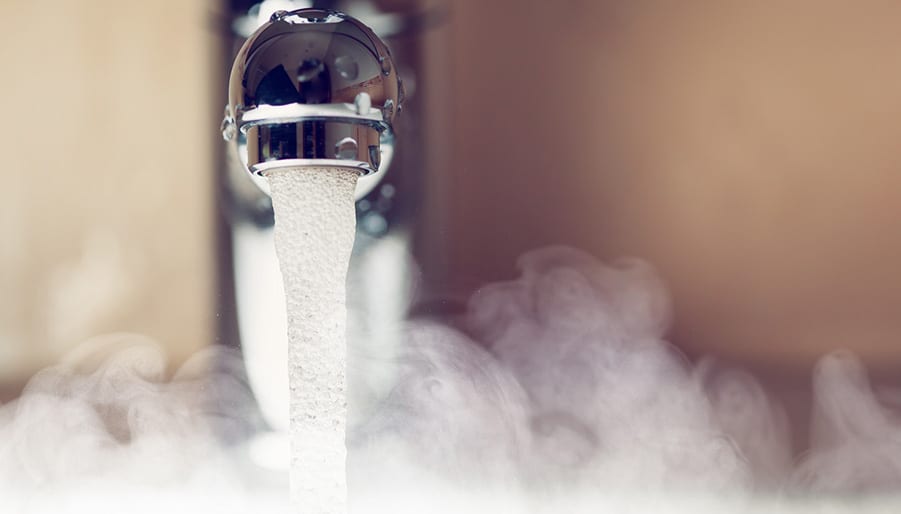
Have you ever noticed a foul ‘rotting eggs’ smell in the water when you turned on the hot shower? It’s common after you leave a house unattended for a long time. Before you check anything else, grab a bottle of hydrogen peroxide. Your water heater needs a flush.
If the smell is only present in your hot water, the problem is almost 100% in the water heater. However, if all the faucets in your house are letting off that smell, you have a hydrogen sulfide problem in the water source.
Since we have identified the source of the stench, let’s break down a step-by-step approach to how to get rid of sulfur stench in the water heater using hydrogen peroxide.
Step 1: Turn off your electric heater. For most heaters, this is manual. If you have a gas heater, turn the knob to ‘Pilot.’ However, make sure the gas-controlled heater is well-lit. You’ll need to restart the heater after you’re done.
Step 2: Shut off the cold water inlet valve.
Step 3: Locate the temperature and pressure (T&P) valve. It should be at the top of the water heater. Open the T&P valve and a water outlet faucet. This is to relieve water heater pressure.
Step 4: Connect a hosepipe to the drainage valve and direct it to an appropriate drainage spot. Open the drainage valve and let the water heater gravity drain. In most cases, you’ll have sediment-water below the drainage valve. You can open the vent and let cold water into the water heater. The cold water unsettles the sediment that you can then drain.
Note, you might want to have a hose bib cap handy. You’ll need it if there’s a leak in the drain valve. Also, if the valve is worn, replacing it might be better for the long term.
Step 5: Remove the anode, drain valve, T&P valve, and hot water outlet. You might want to inspect the anode at this point. Replace the anode if it shows wear and tear signs.
Step 6: Add at least 2 pints of store-bought 3% hydrogen peroxide per 40 gallons of the heater’s capacity. You can use either the T&P opening or the outlet opening. To make sure you get the correct portion, use a funnel to avoid spills.
Step 7: Open the cold water inlet and let the heater fill up to capacity. Close the inlet valve.
Step 8: Give the peroxide and water mixture for up to 3 hours.
Step 9: Open the cold water inlet, and open the outlet faucet to allow the peroxide mixture into the pipes.
Step 10: Shut off the drain valve and refill the heater with cold water. Let that sit for about 15-20 minutes.
Step 11: Open the drain valve and let the freshwater run through the supply pipes. Close the drain valve. Make sure you clear the sediment too.
Step 12: Once you’re sure there’s no air in the faucets, close the hot water outlet. You should check for water leaks at this point.
Step 13: Turn back on the manual electric heater. Confirm the status of all the burners.
Step 14: The final step is checking all your hot water faucets. They should be working, and your water should not have the rotten eggs smell anymore.
You’ll need to monitor the situation for a few days after the flushing. If you notice the sulfur smell in your cold water, you can repeat the process. However, the persistent smell may call for an anode replacement.
What Causes Rotten Eggs Smell in the Water Heater?
The rotten eggs smell comes from sulfate-reducing bacteria in the water.
Soft water is usually treated to remove traces of harmful metal elements such as magnesium and calcium. Water heaters have anodes (sacrificial anodes) that attract these harmful metals. Over time, the anode breaks down from interacting with the harmful metals.
The bare anode rod reacts with natural sulfur present in the water. Water typically has bacteria. When the bacteria reproduce in the water, it gives off hydrogen sulfide. Hydrogen Sulphide smells like rotten eggs.
What long-term Options Do I Have to Remove Sulfur smell in the Water Heater?
Replacing the sacrificial magnesium anode rod with an aluminum-zinc alloy anode or a zinc anode will have longer-lasting effects on reducing the sulfur odor in your water heater. Powered anodes also deteriorate slower than sacrificial anodes.
Aluminum and zinc are less reactive than magnesium. Since it corrodes less, you will have:
- Fewer instances of stinky water
- Fewer maintenance costs
You can always try meeting the problem at the source. Install a water purification system to reduce the bacteria in the water. This way, the water in the heater can stay bacteria-free or take longer before it starts producing hydrogen sulfide.
Chlorine treatment reduces the sulfur-reducing bacteria in the water. Chlorine reacts with iron metals in the water and oxidizes. Oxidization kills the bacteria, giving the water in the heater more longevity without corroding the anode.
This method is beneficial if your water comes from a ground source such as a well. However, chlorination makes economic sense if you also use the water for cooking and drinking.
Does Hydrogen Peroxide Treatment Work with Hard Water in a Water Heater?
Yes, Hydrogen Peroxide is effective against odors in a water heater. However, you will have more anode deterioration if you have hard water.
Hard water is essentially water with higher calcium deposits. If your water source is groundwater, say, from a well, you might have hard water. Hard water will not only ruin your anodes faster, but it will also affect your valves and faucets.
Rotten egg odor is a common problem in most households. However, hydrogen peroxide treatment is highly effective in getting rid of the odor from well water. Additionally, it makes the treated water safe for household use.
Contact a licensed professional plumber to assess your water heater system. You’ll get a free quote and a complete evaluation of other plumbing issues you might have.


